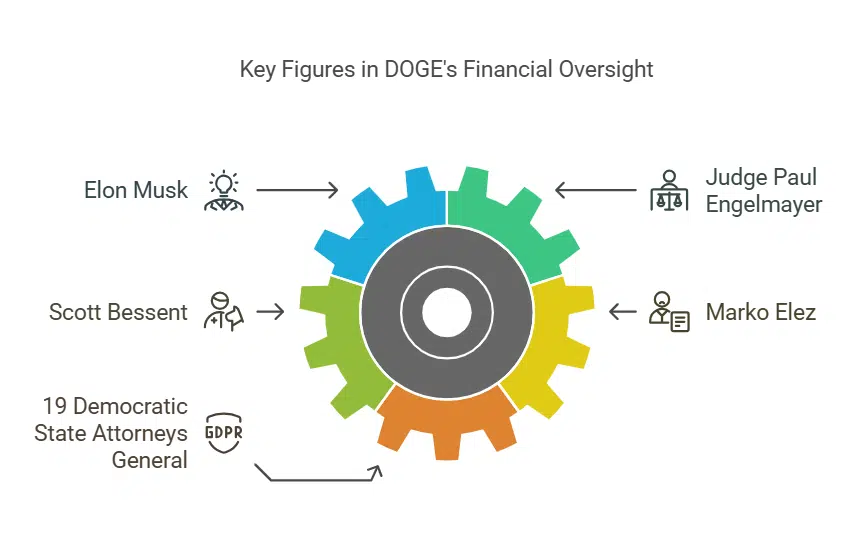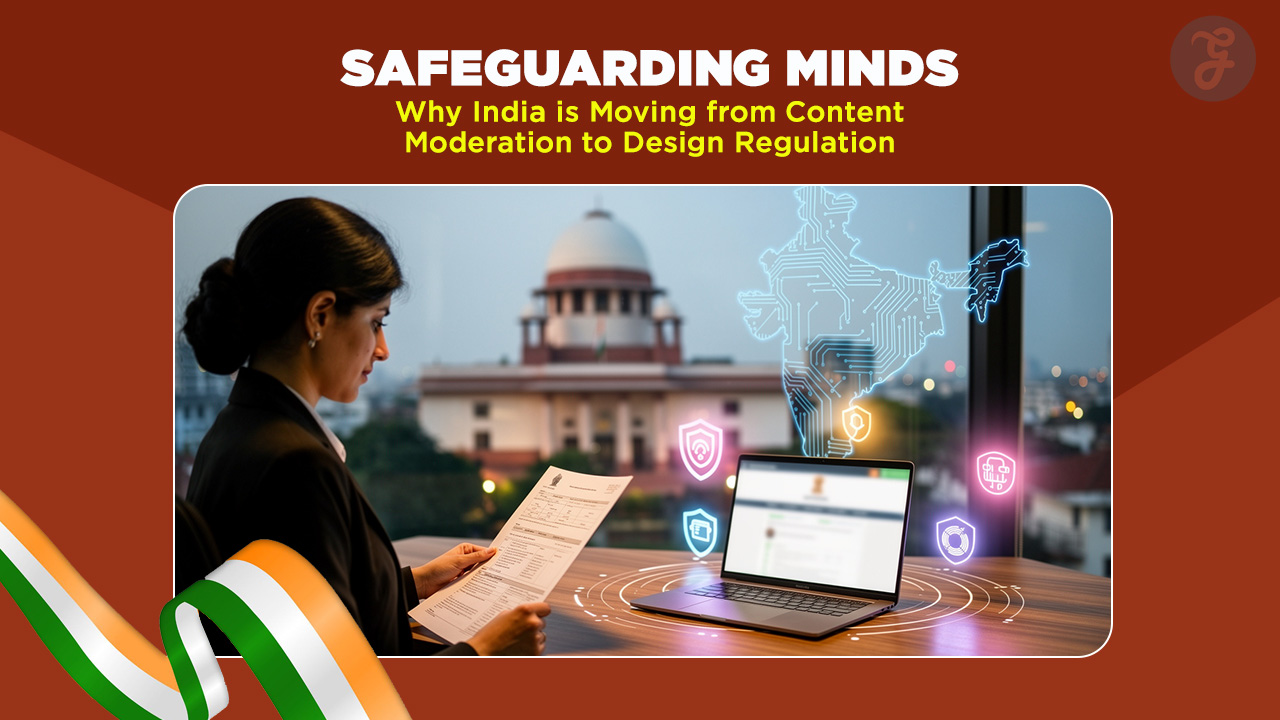Elon Musk has escalated his battle against the U.S. judiciary by calling for the immediate impeachment of U.S. District Judge Paul Engelmayer, who issued an emergency ruling blocking Musk’s federal spending task force, the Department of Government Efficiency (DOGE), from accessing critical payment systems at the U.S. Treasury Department.
Musk, who has been a vocal critic of what he perceives as inefficiencies and corruption within the federal government, took to his social media platform, X, to express his outrage at the judge’s decision.
“A corrupt judge protecting corruption,” Musk wrote in the early hours of Sunday morning. “He needs to be impeached NOW!”
This ruling is part of an ongoing legal battle over the extent of Musk’s authority within the federal government, as he has been granted a key role in reviewing and suggesting spending cuts across multiple government agencies. However, concerns over cybersecurity risks and unauthorized access to sensitive financial data have led to significant pushback from state officials and legal experts.
Judge Engelmayer’s Ruling: Why It Matters
On Saturday, Judge Engelmayer issued an emergency injunction in response to a lawsuit filed by 19 Democratic state attorneys general. The lawsuit argued that Musk and his team at DOGE should not have access to Treasury Department systems that contain sensitive financial data related to government transactions and private financial records.
Engelmayer sided with the plaintiffs, stating that allowing outside officials to access Treasury systems could pose a significant security risk. He cited two primary concerns:
- The risk of exposing sensitive and confidential information.
- The increased vulnerability of the Treasury’s systems to cyber threats.
His ruling effectively barred Musk and his DOGE team from obtaining financial data that they claimed was necessary to analyze wasteful government spending. This decision marked a major setback for Musk, who had been granted access earlier in the month by Treasury Secretary Scott Bessent.
While Treasury officials claimed that DOGE only had “read-only” access, meaning they could not modify or delete any data, investigative reports have revealed discrepancies in this claim. Wired reported that at least one DOGE staffer was granted administrative access, allowing them to rewrite code within the Treasury’s systems.
Who’s Involved: Key Figures and Their Roles
Elon Musk: As the head of DOGE, Musk was tasked by the Trump administration with finding $2 trillion in potential savings and spending cuts within the federal government. His aggressive push for financial oversight has placed him in direct conflict with long-established government institutions.
Judge Paul Engelmayer: A federal judge for the Southern District of New York, Engelmayer was appointed by former President Barack Obama. He has previously ruled on high-profile cases involving government accountability and executive overreach.
Scott Bessent: The Treasury Secretary who granted DOGE access to financial systems. He defended the decision by arguing that Musk’s task force was operating under the authority of the White House.
Marko Elez: A 25-year-old DOGE staffer who was granted elevated access permissions within the Treasury Department. Elez resigned after media reports surfaced about racist posts he had made on social media. However, Musk quickly rehired him, further fueling criticism of DOGE’s hiring practices.
19 Democratic State Attorneys General: These state officials led the lawsuit against DOGE’s Treasury access, arguing that the task force lacked the legal authority to handle such sensitive financial information.
Political Reactions and Legal Ramifications
Musk’s call for Judge Engelmayer’s impeachment has sparked heated debates within legal and political circles. Critics argue that Musk’s rhetoric undermines judicial independence, a cornerstone of the American legal system. Others, particularly his allies within the Trump administration, claim that federal judges are overstepping their authority by blocking executive initiatives.
Republican Senator J.D. Vance of Ohio echoed Musk’s sentiment, stating, “It’s outrageous that unelected judges are interfering with efforts to clean up government waste and fraud.”
On the other hand, legal scholars warn that Musk’s comments could set a dangerous precedent. Constitutional law expert Lawrence Tribe stated, “Calling for the impeachment of a judge simply because of an unfavorable ruling is not only reckless but also an attack on the rule of law.”
Concerns Over DOGE’s Staff and Cybersecurity Risks
The controversy surrounding DOGE has also raised alarms about the team Musk has assembled. Reports indicate that multiple young, inexperienced individuals have been recruited into key positions within the task force.
One of the most concerning cases involves a 19-year-old team member who was reportedly fired by a cybersecurity firm for leaking sensitive corporate data. Despite this, he was later hired by DOGE, further fueling concerns about the potential risks posed by Musk’s task force.
Cybersecurity analysts argue that providing individuals with questionable backgrounds access to the federal government’s most sensitive financial data could create vulnerabilities that foreign adversaries could exploit.
What’s Next? The Legal Battle Continues
Judge Engelmayer’s emergency injunction will remain in effect until at least Friday, when a new hearing is scheduled to determine whether the ban on DOGE’s access should be extended while the lawsuit progresses.
If the ruling stands, it could significantly hinder Musk’s ability to conduct his investigation into government spending, potentially leading to further legal and political confrontations.
Meanwhile, Musk’s increasingly confrontational stance against the judiciary raises questions about his broader role in government oversight and whether his push for greater transparency and efficiency will be sustainable amid mounting legal challenges.
For now, the battle between Musk and the federal judiciary remains one of the most high-profile conflicts in the ongoing debate over government accountability, cybersecurity, and the limits of executive authority.





































